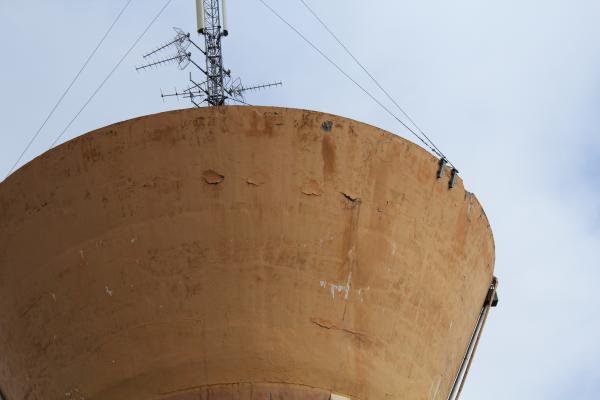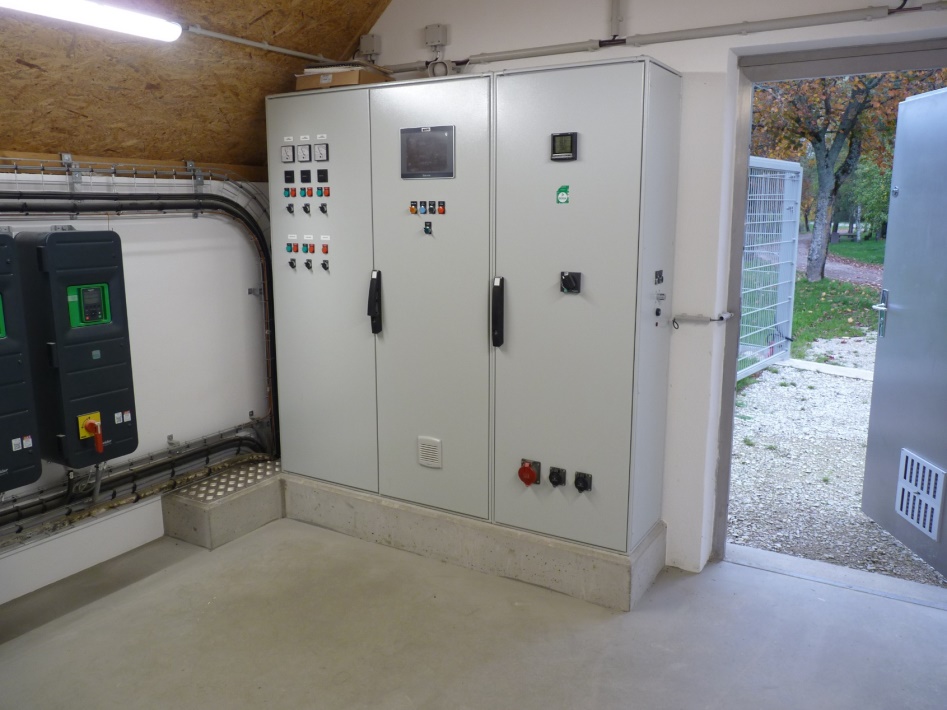General description Objectives (September to January - level Master 2)
The aim of this thematic semester is to expose engineering students to the problems of operation, daily management and project management of services and systems such as a sewerage network, treatment or flow management.
The semester consists of 9 teaching units that can be divided into three groups:
- Four teaching units are devoted to the management of services and systems. Beyond the reactive or programmed technical management of drinking water and sanitation systems, students are made aware of the analysis of governance and performance of services. The application of risk analysis methodologies (HACCP, FMEA, etc.) completes these system analysis tools. Finally, the presentation and application of infrastructure asset management methodologies will complete the training in operations.
- Three teaching units dedicated to works. These deal with the phasing of operations (from design to completion of the work), the regulatory context, dimensioning or diagnosis (foundation calculation, load transfer, etc.) and specific work (sinking, micro-tunneling, etc.). There is a strong development in the diagnosis of storage structures (tanks, reservoirs, basins, etc.).
- All the lessons are complemented by the completion of a real technical project entrusted by a company, enabling students to develop a response to the needs of a client. In addition, the thematic semester includes basic training in standardisation processes and labour law.
Coordinator: Jean-Bernard Bardiaux


